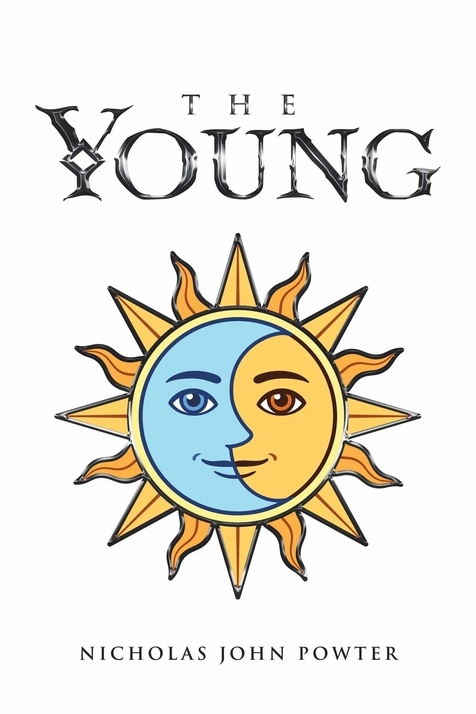
A sword and sorcery adventure set in a vibrant and violent land, The Young by Nicholas John Powter is a compact father-and-son character drama in a wildly creative setting. In The Deluge, where gods of the day and devourers of the night are locked in constant struggle for the souls of the living, a grief-stricken warrior must once again don his armor to defend the realm against encroaching evil.
Sven’s pastoral retirement is shattered when a murderous cult leader attacks his home and nearly beheads his son, Fren, launching them both on an arduous quest to root out a sinister world-darkening plot. Driven by unwavering faith in the Phrazon Mur, Sven and Fren navigate ancient forests and malevolent traps, slaying monstrous apparitions and rescuing helpless hostages as they probe deeper into the darkness threatening to envelop all that they hold dear.
With Sven’s noble nature, he is a familiar fantasy protagonist – a paladin in all but name, burdened by the weight of his honor, ferociously dedicated to the cause of the light. Fren, one of the “young” whom the forces of the night seek to prey on and seduce, is both an emotional hindrance and a source of strength to his indefatigable father. Their family dynamic is intriguing from start to finish, with Sven vacillating between being brutally honest about the horrors of the world and fiercely protective of his son’s innocence.
The relationships of secondary characters like Arkin, Grenda, and Leah are less well-developed, but still act as pivotal foils for plot progression and thematic exploration. The story delves into surprisingly deep corners, from the weight of immortality and the allure of amorality to the corruptibility of youth and the frustrations of blind faith. On the surface, this straightforward read is a combat-heavy quest of one man against impossible odds, but the author takes time for such philosophical reflections between the battles.
The narrative style, however, is often too explicit, leaving no stone unturned or detail omitted, without giving the story much room to breathe, which can rob readers of the chance to let their imagination fill in the gaps. Particularly in the early chapters of the novel, the prose is marked by thick stretches of exposition, as if the world-building is being forced into place, which feels particularly heavy-handed when expressed in dialogue. In general, the dialogue is unnaturally rigid, with grand speeches from heroes and dramatic monologues from villains who feel more like caricatures than a real menace: “Ha! Ha! Ha! I have you! In fact, I had you the moment you set foot in my lair.”
There are also stray grammatical errors, uneven capitalization, mismatched tenses, and other typographical slips that break the illusion of this fantasy realm. For instance, the storytelling perspective is omniscient at times, and limited at others, but also casually breaks the fourth wall, such as referencing “the protagonists,” as though the narration is a detached voiceover – an interesting conceit, but not a consistent core to the narrative. In all, the novel could use both a developmental edit and proofread to clean up the prose and cut down on unnecessary description.
Setting these execution issues aside, this is a well-plotted work of heroic fantasy with a compelling interplay of family tension that is original for the genre.
Book Links
STAR RATING
Design
Content
Editing
Get an Editorial Review | Get Amazon Sales & Reviews | Get Edited | Get Beta Readers | Enter the SPR Book Awards | Other Marketing Services



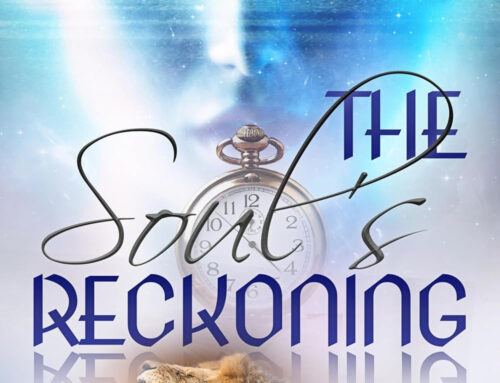
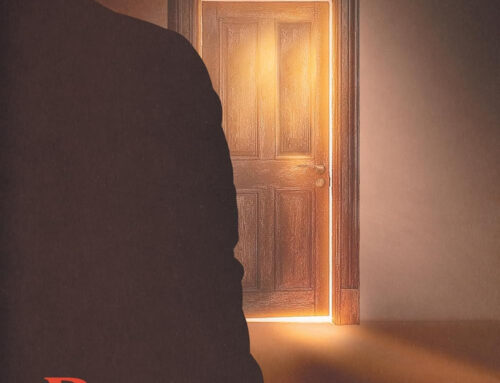
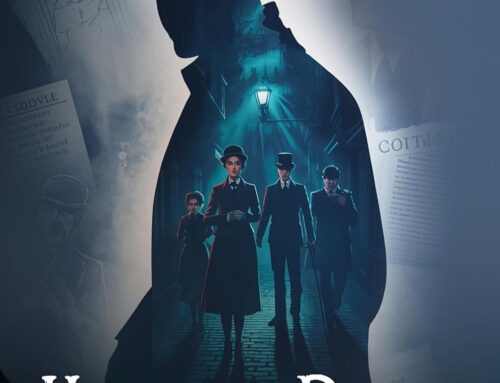
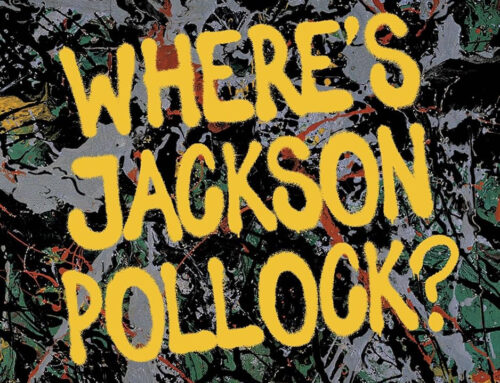
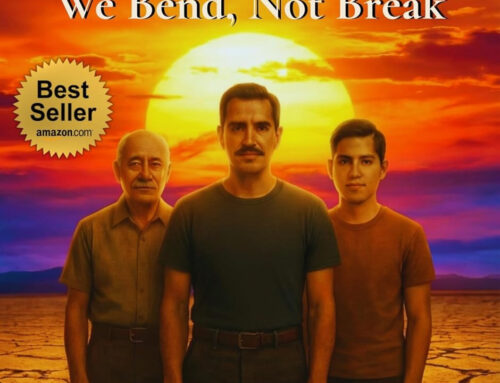
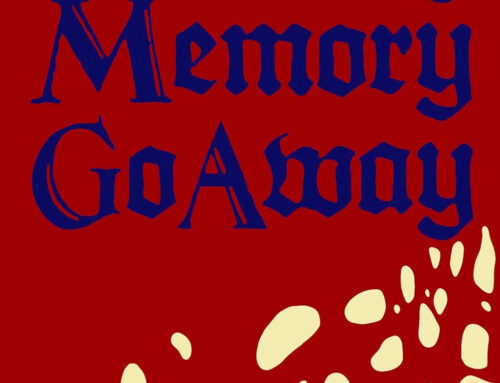
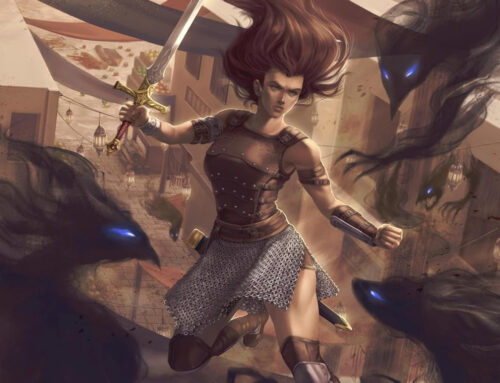

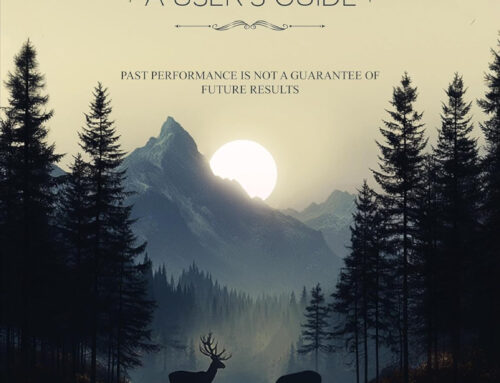

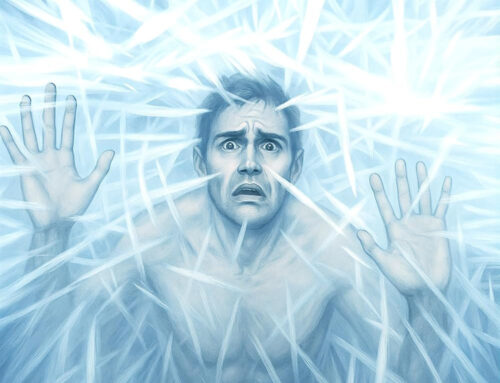
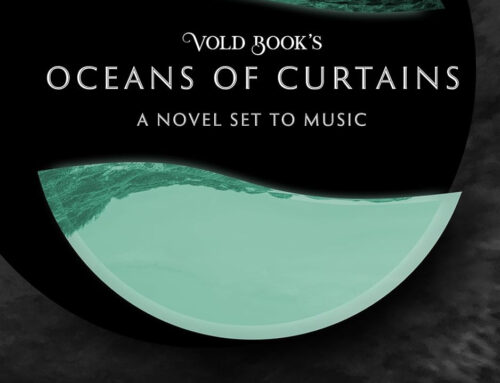
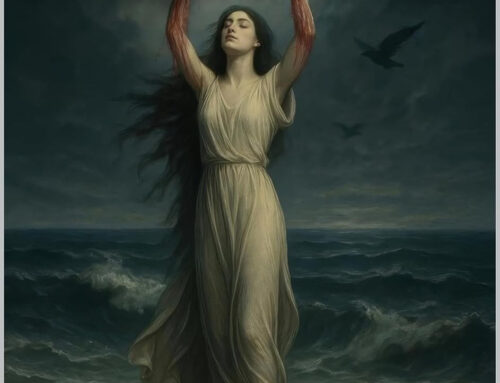

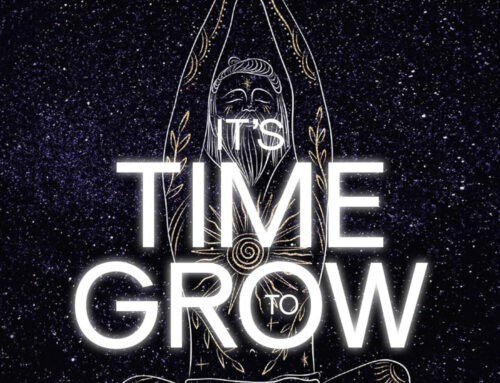
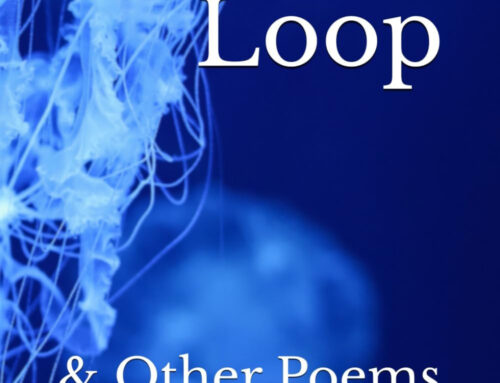
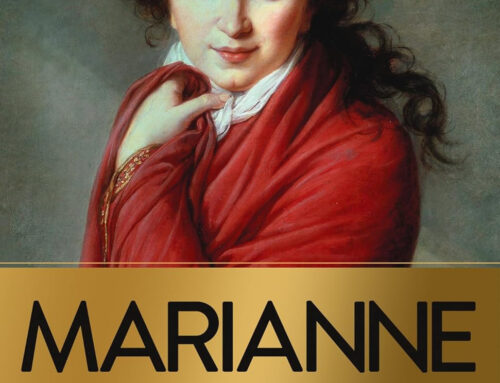



Leave A Comment